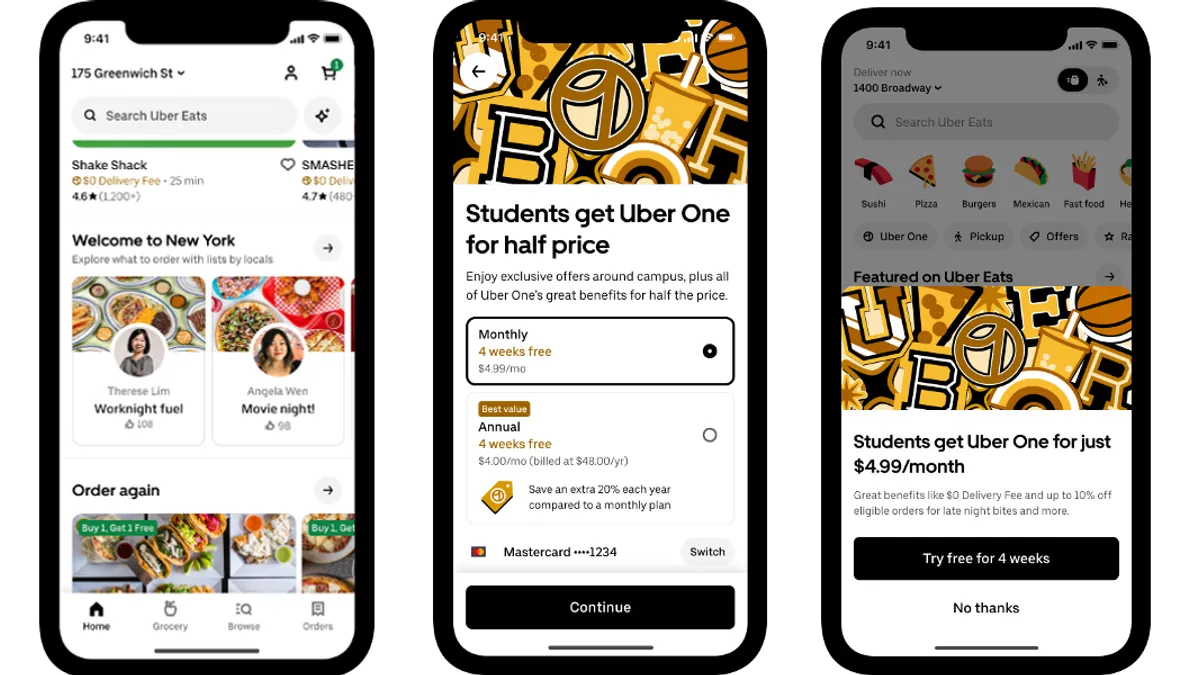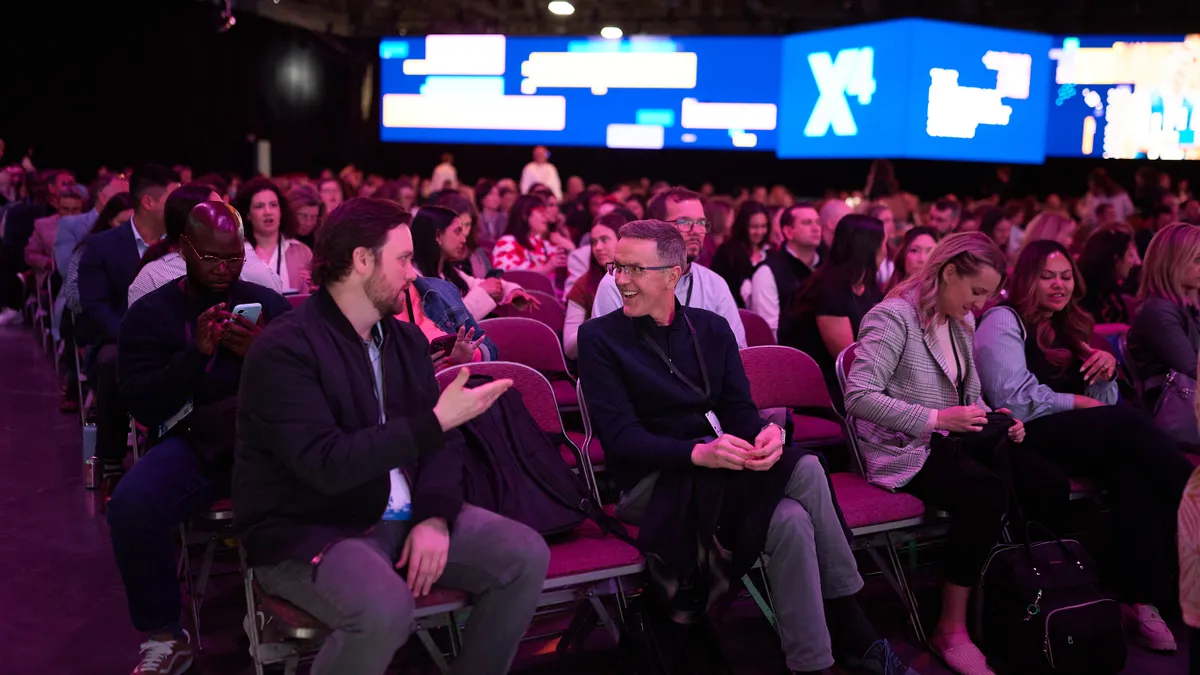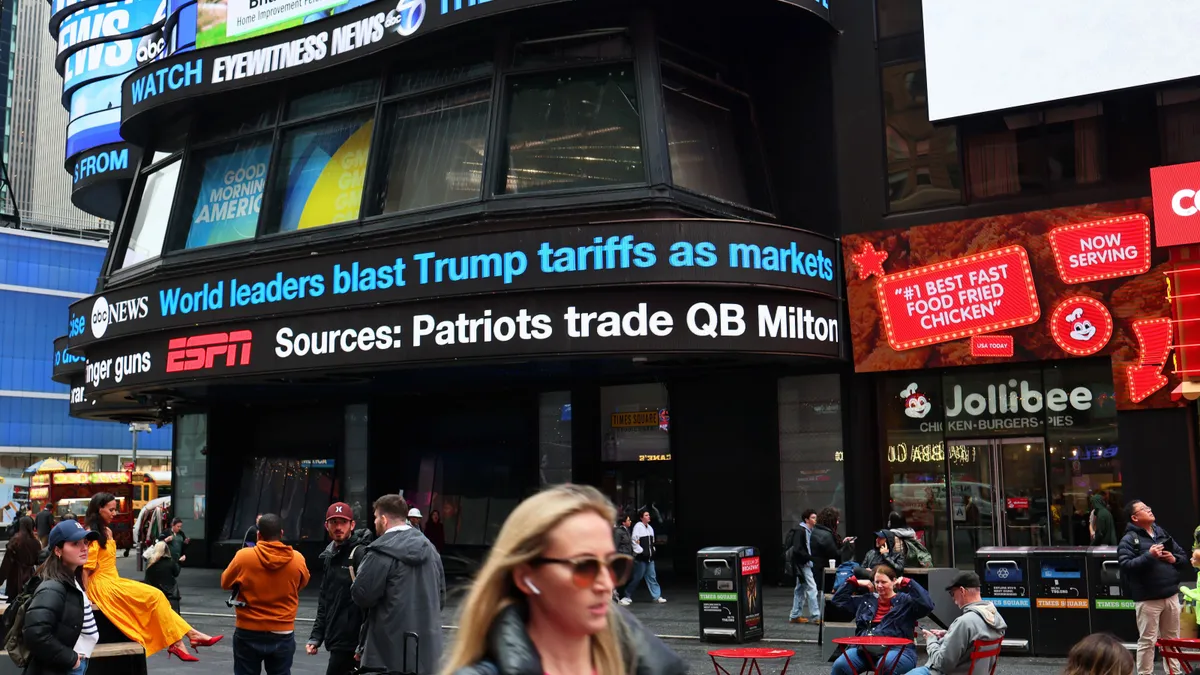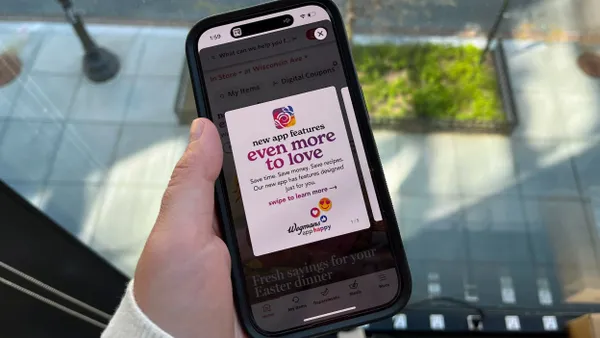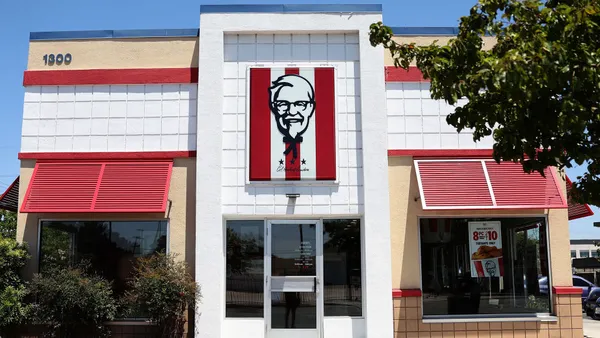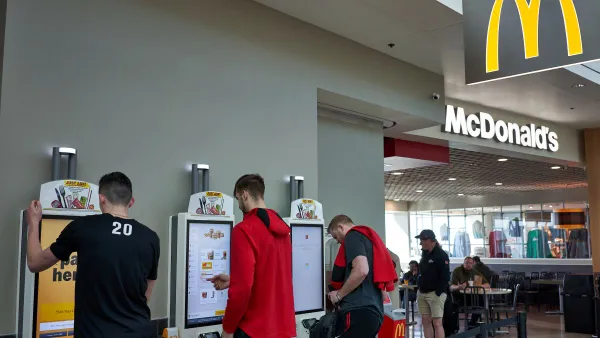Dive Brief:
- The Federal Trade Commission filed a complaint Monday against Uber in federal court over the tech giant’s Uber One subscription program, alleging Uber concealed subscription information from consumers, signed consumers up without their consent, charged them too early and made it exceedingly difficult to cancel a membership.
- The FTC said such tactics violated the Federal Trade Commission Act and the Restore Online Shoppers’ Confidence Act.
- The commission is seeking a court injunction that would bar future violations of those acts, as well as monetary relief deemed appropriate by a court. Uber disputed the FTC’s accusations.
Dive Insight:
The FTC claims Uber promised consumers savings of $25 per month without including the cost of subscription to Uber One in its calculations, according to a press release announcing the complaint.
The commission alleges that some consumers were enrolled in the subscription program without their knowledge. The complaint quotes one consumer: “I don[’]t have an UBER account and NEVER have but I am being charged a monthly recurring fee of $9.99 for UBER ONE. I don[’]t even know how they got my debit card info.”
Uber disputes this claim.
“Uber does not sign up or charge consumers without their consent,” an Uber spokesperson wrote in an email to Restaurant Dive.
The regulatory body claimed that Uber One users trying to cancel subscriptions sometimes have to navigate as many as 23 screens and take 32 discrete actions to cancel the service, which offers free delivery on orders above a certain minimum, among other possible savings.
In response, Uber claimed “the majority of cancellations occur in-app and take 20 seconds or less.”
The complaint also alleges that some consumers were billed before a billing date Uber indicated in the app.
An Uber spokesperson wrote: “Uber One’s standard sign-up flow shows material disclosures on the same screen as the option to choose payment method, including that the consumer will be charged on a recurring basis to a payment method on file at Uber, and that they can cancel up to 48 hours in advance of their next billing date to avoid charges.”
FTC Chair Andrew Ferguson said in the press release that “Americans are tired of getting signed up for unwanted subscriptions that seem impossible to cancel.”
Uber first launched Uber One in 2021 as a way to incentivize consumer loyalty to the platform offering discounts on rides and deliveries. By early 2023, 40% of orders on Uber Eats came from Uber One members, and the service was an important driver for the company. As of Q4 2024, the subscription program boasted 30 million members.
DoorDash, which leads Uber Eats in delivery market share, has a similar program called DashPass. The perks and price points of these services are an important point of competition between the two giants, which control the lion’s share of the U.S. third-party delivery market.



